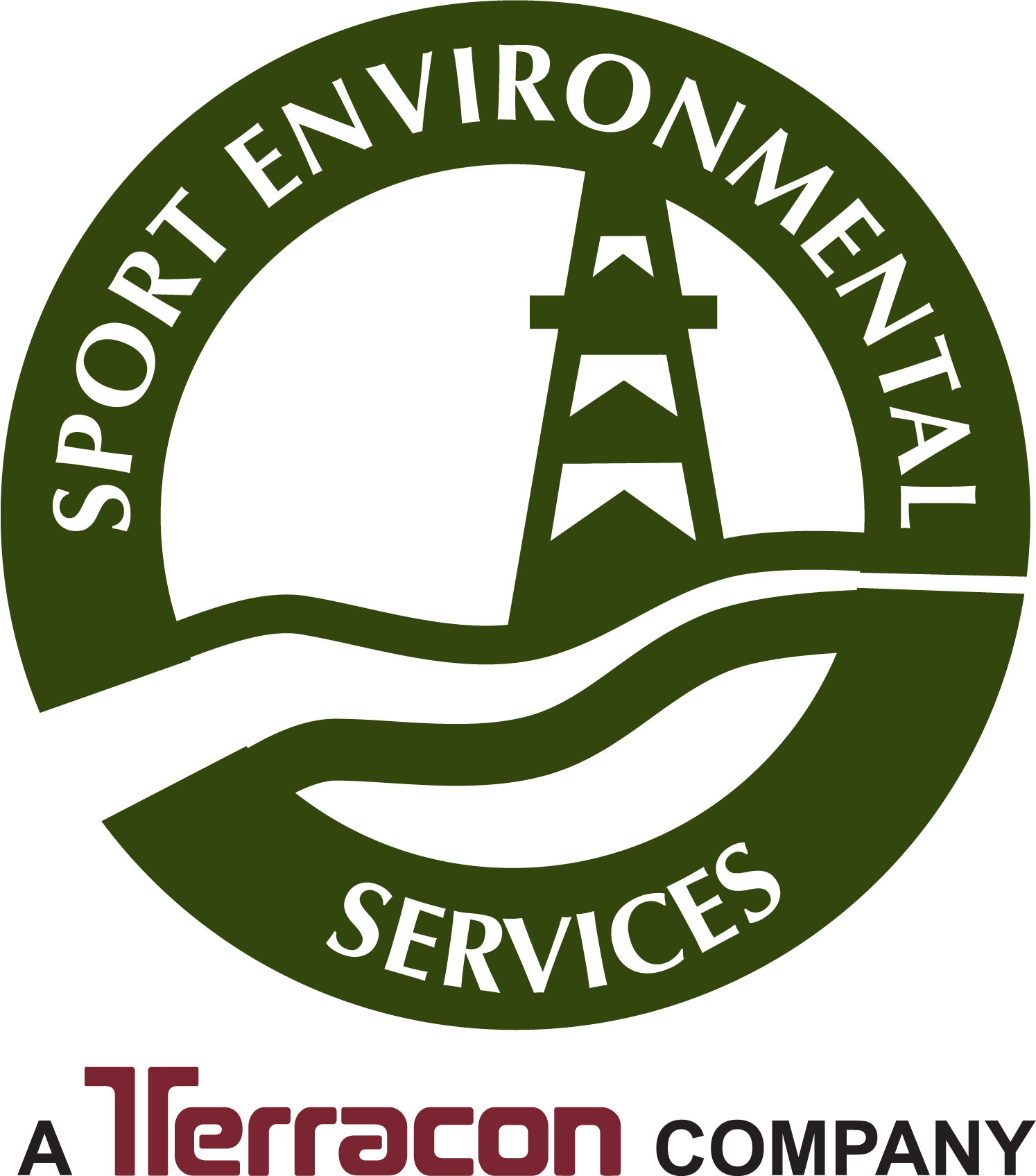Sport Environmental is an experienced, full-service provider of air permitting, soil and water remediation, SPCC Plans, spill management, Environmental Site Assessments (ESAs), and other environmental consulting services for the energy industry. We provide comprehensive environmental risk management services across the Permian Basin in Texas, New Mexico, and the surrounding states.


